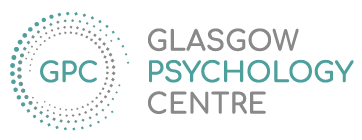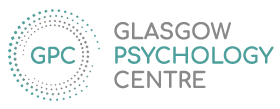Autism Spectrum Disorder (ASD)
What is ASD?
Autism spectrum disorder (ASD) is a neurological and developmental condition that affects how people interact with others, communicate, learn, and behave. Although ASD can be diagnosed at any age, it is considered a “developmental disorder” because symptoms usually appear in the first two years of life.
According to the Diagnostic and Statistical Manual of Mental Disorders (DSM-5), people with ASD often have:
- Difficulty with communication and interaction
- Restricted interests and repetitive behaviours
- Symptoms that impact their ability to function in various areas of life, such as school and work
- ASD can also appear similar to social anxiety and that you are more likely to experience OCD, ADHD and other conditions when someone has ASD
ASD is called a “spectrum” disorder because the symptoms and their severity vary widely among individuals. Neurodivergence shows differing symptoms across genders and many women can struggle to obtain a diagnosis or be misdiagnosed with conditions such as anxiety or a personality disorder.

Signs & Symptoms of ASD
Anyone, regardless of gender, ethnicity, or economic background, can be affected by ASD. While ASD is a lifelong condition, treatments and services can help improve problematic symptoms and support daily functioning.
Not everyone with ASD will have each of the symptoms listed below, but people often show several of them.
Social Communication / Interaction Behaviours
People with ASD might:
- Make little or inconsistent eye contact
- Rarely share interest, emotions, or enjoyment through actions like pointing or showing things to others
- Not respond or be slow to respond to their name or other verbal prompts
- Have difficulty with the back-and-forth of conversation
- Talk at length about a favourite subject without noticing if others are interested or without giving others a chance to respond
- Use facial expressions, movements, and gestures that don’t match what they are saying
- Have an unusual tone of voice that may sound sing-song or flat
- Find it hard to understand other people’s perspectives or predict their actions
- Struggle to adjust their behaviour to different social situations
Restrictive / Repetitive Behaviours
People with ASD might:
- Repeat certain behaviours or have behaviours, such as repeating words or phrases (echolalia)
- Have a lasting, intense interest in specific topics, such as numbers or facts
- Show overly focused interests, like an intense focus on moving objects or parts of objects
- Become upset with slight changes in routine and have difficulty with transitions
- Be more sensitive or less sensitive to sensory input (light, sound, clothing, temperature)
- People with ASD may also experience sleep problems and irritability.
Strengths of People with ASD
Although autistic people may experience difficulties in their day-to-day life, they often also have many strengths, including:
- Bringing novel and creative ways of looking at situations which can benefit education and the workplace.
- Employers are increasingly recognising the benefits of a neurodivergent workforce
- Ability to learn and recall in greater detail and remember information for longer periods
- Being particularly strong visual and auditory learners


